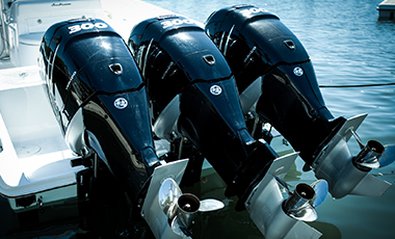mpkoontz48
Veteran Member
Thank you everybody -
I have some experience sailing (sailboats) but not a lot.
I have a good amount of RV experience (motorhomes). I was going to retire in a motorhome, but the confluence of retiring baby boomers and "houseless people" has made that choice a bit too crowded and popular. Thus more and more laws are being written to limit them, and only in the desert can you be free.
I discovered the Great Loop and bells went off in my head. Mostly flat water and mostly slow. I can plan for half the time in a slip and half on anchor. I can still have a movable house that can stay or go as I wish. And a boat doesn't need tires!
BTW - I researched Barracuda house boats. Very roomy but how do you anchor? I don't see any with windlasses. So if you're going to anchor for a windy night (even in a protected waterway), what are they doing? And how do they pull up a heavy anchor/chain?
Mark
I have some experience sailing (sailboats) but not a lot.
I have a good amount of RV experience (motorhomes). I was going to retire in a motorhome, but the confluence of retiring baby boomers and "houseless people" has made that choice a bit too crowded and popular. Thus more and more laws are being written to limit them, and only in the desert can you be free.
I discovered the Great Loop and bells went off in my head. Mostly flat water and mostly slow. I can plan for half the time in a slip and half on anchor. I can still have a movable house that can stay or go as I wish. And a boat doesn't need tires!
BTW - I researched Barracuda house boats. Very roomy but how do you anchor? I don't see any with windlasses. So if you're going to anchor for a windy night (even in a protected waterway), what are they doing? And how do they pull up a heavy anchor/chain?
Mark


